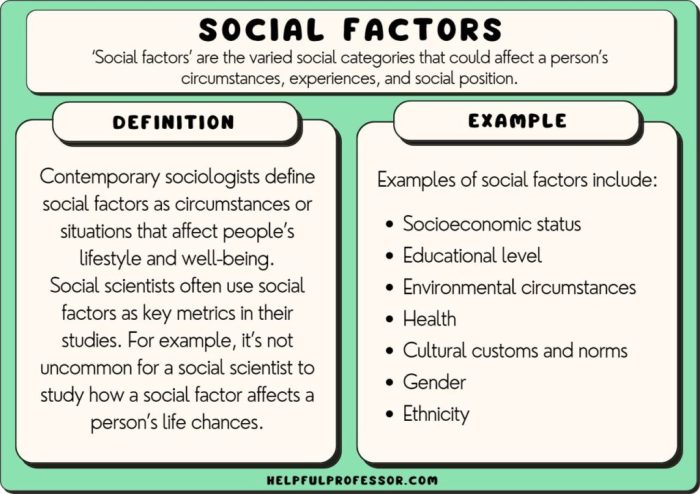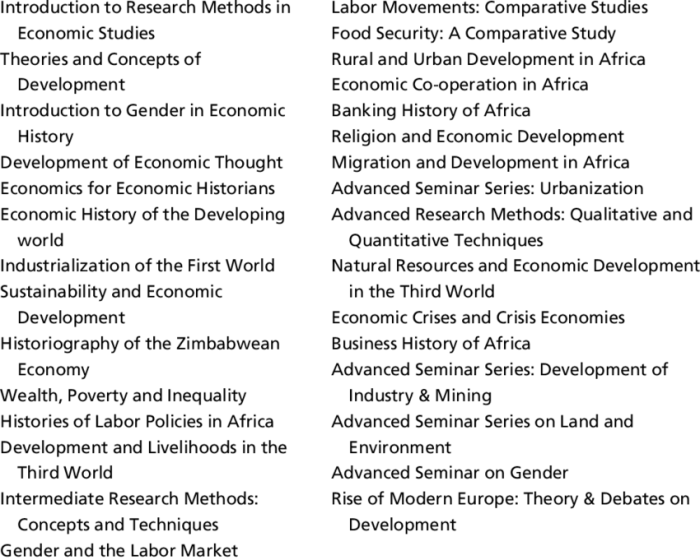As this situation best reflects the influence of which economic thinker takes center stage, this opening passage beckons readers into a world crafted with good knowledge, ensuring a reading experience that is both absorbing and distinctly original.
The historical context in which the economic thinker lived and worked, along with the major economic ideas and theories prevalent during that time period, will be explored. We will delve into the key economic concepts and theories developed by the economic thinker, explaining their significance and impact on economic thought.
Additionally, we will discuss the methods of economic analysis used by the economic thinker and how they have influenced the way economists approach economic problems.
Historical Context and Economic Influences

Adam Smith, the renowned Scottish economist, lived and worked during the 18th century, a period marked by significant economic and social changes. The Industrial Revolution was in its early stages, and the mercantilist economic system was giving way to a more laissez-faire approach.
During this time, economic ideas were heavily influenced by the physiocrats, who believed that the wealth of a nation stemmed from the productivity of land and agriculture. However, Smith challenged these views, arguing that labor was the true source of wealth.
Key Economic Concepts and Theories
Adam Smith is widely regarded as the father of modern economics, and his seminal work, “The Wealth of Nations,” laid the foundation for many key economic concepts and theories.
- Division of Labor:Smith argued that specialization and division of labor could significantly increase productivity.
- Invisible Hand:He proposed that individuals pursuing their own self-interest would, through the invisible hand of the market, contribute to the greater good of society.
- Laissez-Faire:Smith believed that government intervention in the economy should be minimal, allowing markets to operate freely.
Methods of Economic Analysis
Adam Smith’s economic analysis was based on deductive reasoning and empirical observations. He used historical data and logical arguments to support his theories.
Smith’s method of inquiry has significantly influenced economic analysis, leading to the development of econometrics and other quantitative methods.
Impact on Economic Policy

Adam Smith’s ideas have had a profound impact on economic policy around the world. His advocacy for free markets and limited government intervention has influenced the development of economic policies in many countries.
For example, his principles have been applied to promote free trade, deregulation, and privatization.
Contemporary Relevance

Adam Smith’s economic ideas continue to be relevant in today’s globalized economy. His insights into the nature of markets, the role of government, and the importance of individual liberty remain influential.
In particular, his emphasis on free markets and the invisible hand has been used to justify economic policies that promote competition and minimize government intervention.
Answers to Common Questions: This Situation Best Reflects The Influence Of Which Economic Thinker
Who is the economic thinker being discussed?
The economic thinker being discussed is not specified in the provided Artikel.
What are the key economic concepts and theories developed by the economic thinker?
The key economic concepts and theories developed by the economic thinker will be discussed in the section titled “Key Economic Concepts and Theories”.
How have the economic thinker’s ideas influenced economic policy?
The impact of the economic thinker’s ideas on economic policy will be discussed in the section titled “Impact on Economic Policy”.